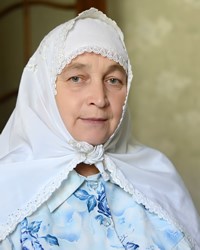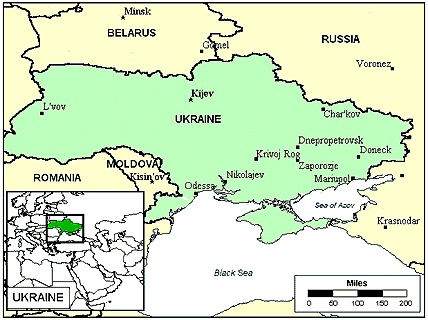The ancestors of the Tatars were a nomadic people living in northeastern Mongolia near Lake Baikal starting in the 5th century CE. Some of the Tatars and other Turkic peoples became part of Genghis Khan's conquering armies in the early 13th century, leading to a fusion of Mongol and Turkic peoples. These invaders of Russia and Hungary became known to Europeans as "Tatars" meaning "archers." After Genghis Khan's power eroded, Tatars were associated with the western half of the remaining Mongol domain and known as the Golden Horde.
The Tatars have had a strong civilization since the tenth century. The Russians conquered them in the sixteenth century. In the 1800s, Tatar cities ranked among the greatest cultural centers of the Islamic world. Today, Tatars might have blue eyes and blonde hair or may look like Mongolians with very little facial hair. Many speak a unique Turkic language called Kazan Tatar, while some now claim Russian as their mother tongue. Although most of them live around the Volga region, others inhabit Azerbaijan, Armenia, Byelorussia, Ukraine, Estonia, Latvia, Lithuania, Moldova, and Central Asian republics like Kazakhstan, Kyrgyzstan, Uzbekistan and Turkmenistan.
The city of Volga is home to many Ukraine Tatars. A well-educated and liberal people, Tatars of Ukraine will protest on behalf of repressed foreigners. They are also a people who have lost much of their cultural identity.
Many Tatars place more of their identity in Islam than in being Tatar. Most are Hanafite, one of the four schools of Sunni Islam. While orthodox Muslims believe in Allah as the only God, many Tatars still honor saints and holy places. Some believe in supernatural powers such as the "evil eye," involving the ability to curse someone with a glance. Unlike most Muslims, some of the Tatar eat pork. Very few observe the prescribed Islamic fasts. They remain more liberal than most orthodox Muslims of Central Asia, even inviting women to pray in the mosques instead of at home. Unfortunately, the Tatar view of Christianity has been scarred by negative interactions with the Russian Orthodox Church and its early attempts to convert them by force. This served to push them toward Islam.
Christian laborers are needed to live and work among the Tatars. No matter where they live, the Tatars are considered an unreached people group.
Pray for Holy Spirit to send workers to the Tatar people and launch a church planting movement.
Pray for a spiritual hunger that will drive the Tatars to the cross of Christ.
Pray for a powerful Tatar church where people place their hope in Christ alone.
Scripture Prayers for the Tatar in Ukraine.
https://en.wikipedia.org/wiki/Tatars_in_Ukraine
| Profile Source: Joshua Project |












